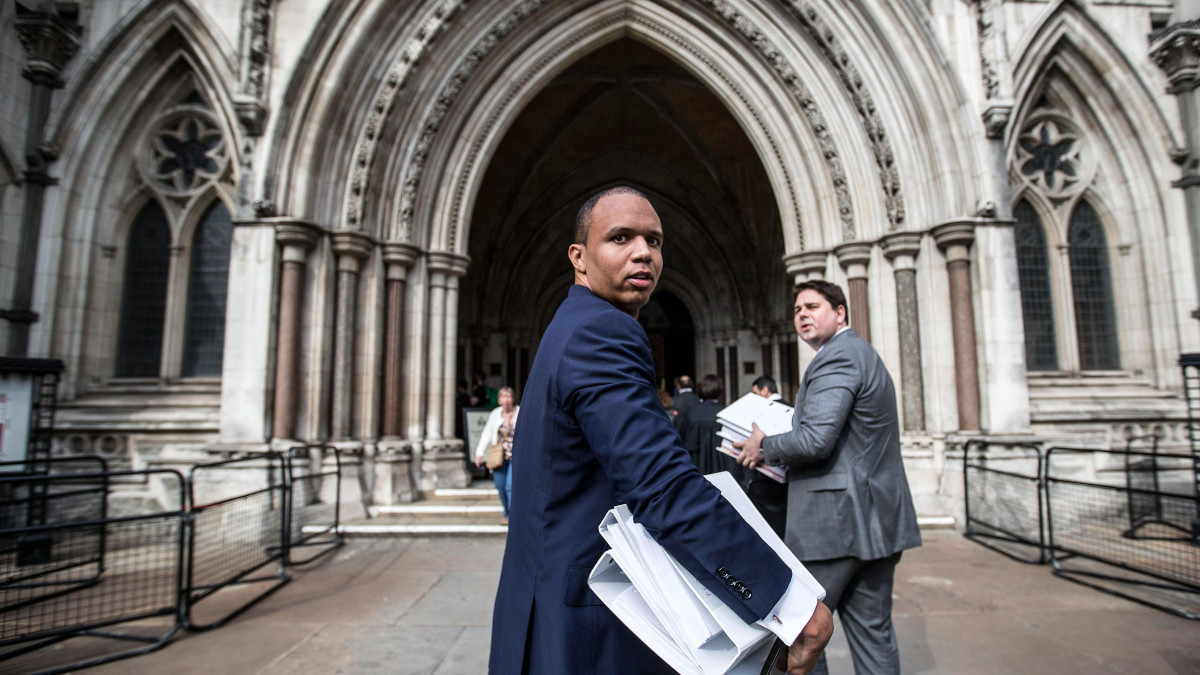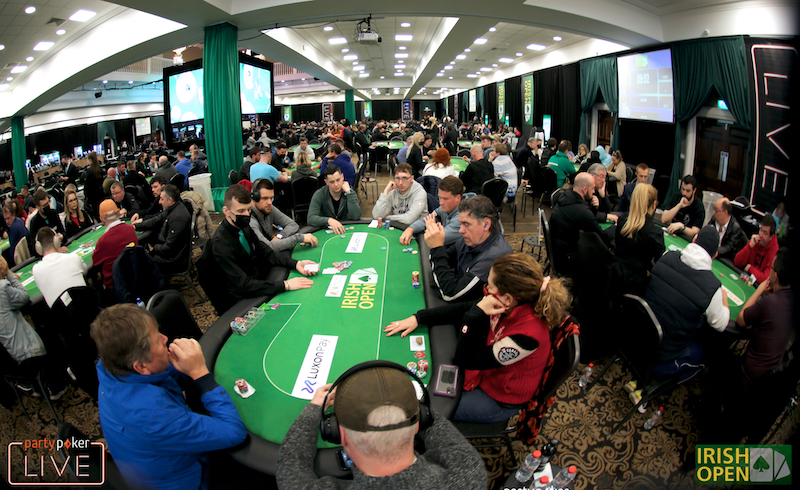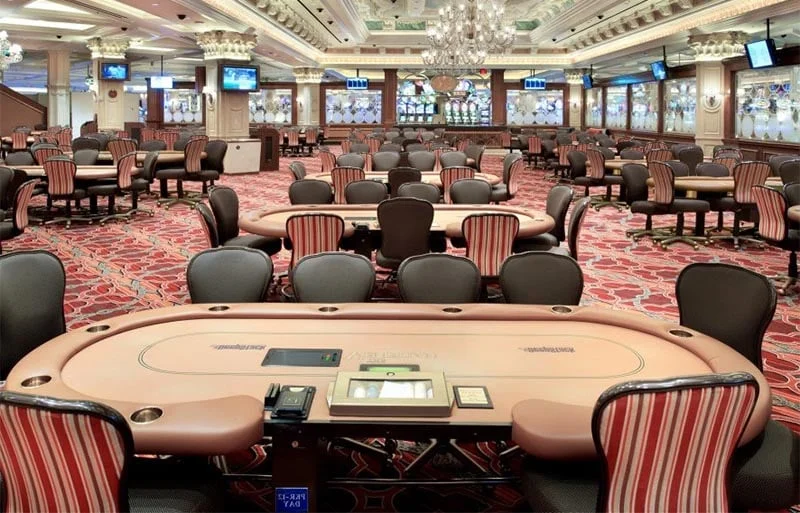The Phil Ivey edge-sorting cases spurred endless debates in the gambling world over what constitutes cheating against a casino. But the biggest impact could be felt in the UK where courts are now citing the case for its interpretation of what exactly constitutes dishonesty in a legal sense.

Since Ivey lost his legal battle against Genting – owner of the Crockfords casino in London – at least one other case has relied on the dishonesty test established by the judge in Ivey’s case to help decide another matter.
Ivey Case Turned on Implementation of Dishonesty Test
Ivey won £7.7 million ($9.7 million) playing baccarat at Crockfords, primarily through the use of edge-sorting techniques. Along with partner Cheung Yin Sun, Ivey convinced the casino to use a particular deck of cards that had minor imperfections on its backside, then turn the high-value cards upside down.
Unbeknownst to casino personnel, Ivey and Sun could now distinguish the high and low-value cards while they were still upside down and bet accordingly, giving themselves a huge advantage over the house. When Genting discovered the edge sorting, they refused to pay Ivey his winnings.
Poker players and other gamblers largely defended Ivey’s actions, believing they were a legitimate advantage play rather than cheating. But the UK courts didn’t agree. After losing his initial trial and again in the Court of Appeal, Ivey took his case to the UK Supreme Court.
That’s where Lord Hughes modified the existing test for dishonesty in the UK legal system.
The courts have struggled, over the last 50 years or so, to agree on a firm definition [of dishonesty],” Professor David Ormerod of University College London, an expert on the criminal law of England and Wales, told the BBC’s Law in Action podcast. “What it boils down to is the extent to which the test should remain objective – by which I mean it should be decided by the tribunal, by the jury, or by the judge – and to what extent it should reflect the defendant’s own understanding of dishonesty.”
Appeals Court Finds Test Applies to Criminal Cases
Prior to the Ivey case, a defendant could argue that they didn’t believe that “ordinary decent people” would see an action as dishonest. If the jury agreed, they might find the defendant not guilty on those grounds. But Lord Hughes simplified this test into a purely objective measure.
Under the decision in Ivey, we ask what was the defendant’s understanding of the circumstances, but then it’s for the jury to decide whether that conduct was dishonest,” Ormerod said. “They don’t go on to ask themselves ‘And did the defendant realize that we would see it as dishonest?’”
That new test came up in a criminal case against David Barton, the former owner of a care home in England, who was convicted of conning elderly residents out of more than £4 million ($5.03 million) over 16 years. In 2018, a judge sentenced Barton to 21 years in prison.
Barton’s lawyers argued that the judge had used the Lord Hughes test for dishonestly, but that this standard shouldn’t be used, as Ivey v. Genting Casinos was a civil case, not a criminal one. That argument didn’t hold water on appeal, with judges upholding the Hughes test.
Ivey’s other major edge-sorting case pitted him against the Borgata. That case differed, not only because it was decided in the United States, but because the casino had already paid his winnings and sued to get its money back. While the Borgata prevailed in court, it has struggled to collect on its $10.16 million judgment, resorting to steps such as attempting to seize money Ivey won at the World Series of Poker last year.


